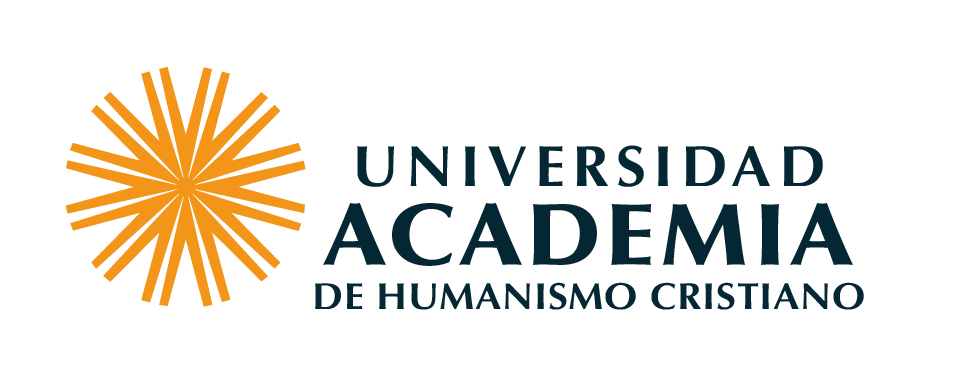Modeling the past : archaeology, history, and dynamic networks
Terrell, John
Modeling the past : archaeology, history, and dynamic networks Archaeology, history, and dynamic networks John Terrell, Mark Golitko, Helen Dawson, and Marc Kissel. - Primera edición. - 235 páginas.
Includes bibliographical references and index.
History matters -- Dynamic relational analysis -- Start with a question -- Theories of history -- Modeling theories -- Developing hypotheses -- Gathering information -- Analyzing data -- So what?
How do researchers use dynamic network analysis, DYNA, to explore, model, and try to understand the complex global history of our species? Reduced to bare bones, network analysis is a way of understanding the world around us, a way called relational thinking, that is liberating but challenging. Using this handbook, researchers learn to develop historical and archaeological research questions anchored in DYNA. Undergraduate and graduate students, as well as professional historians and archaeologists can consult on issues that range from hypothesis-driven research to critiquing dominant historical narratives, especially those that have tended ignore the diversity of the archaeological record.
9781800738690
Arqueología--Metodología
Análisis de sistemas
Ciencias sociales--Análisis de redes
Arqueologia--Métodos estadísticos
930.1 / T325
Modeling the past : archaeology, history, and dynamic networks Archaeology, history, and dynamic networks John Terrell, Mark Golitko, Helen Dawson, and Marc Kissel. - Primera edición. - 235 páginas.
Includes bibliographical references and index.
History matters -- Dynamic relational analysis -- Start with a question -- Theories of history -- Modeling theories -- Developing hypotheses -- Gathering information -- Analyzing data -- So what?
How do researchers use dynamic network analysis, DYNA, to explore, model, and try to understand the complex global history of our species? Reduced to bare bones, network analysis is a way of understanding the world around us, a way called relational thinking, that is liberating but challenging. Using this handbook, researchers learn to develop historical and archaeological research questions anchored in DYNA. Undergraduate and graduate students, as well as professional historians and archaeologists can consult on issues that range from hypothesis-driven research to critiquing dominant historical narratives, especially those that have tended ignore the diversity of the archaeological record.
9781800738690
Arqueología--Metodología
Análisis de sistemas
Ciencias sociales--Análisis de redes
Arqueologia--Métodos estadísticos
930.1 / T325
